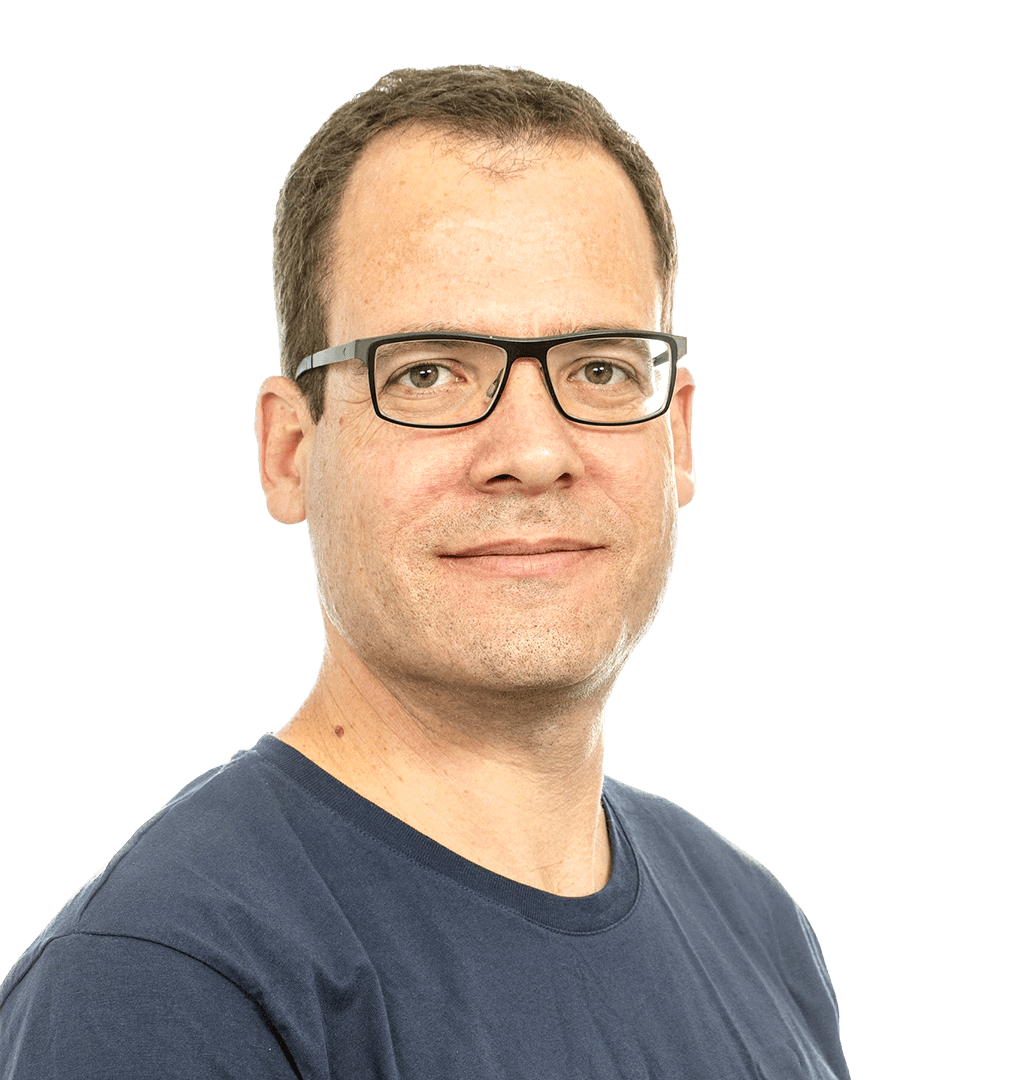In 2018, Roche achieved very good growth in both divisions. I am particularly pleased with the very strong demand for our new medicines, delivering significant benefit for patients fighting serious diseases like cancer, multiple sclerosis and haemophilia. Roche is also making major progress in driving digitalisation, and in leveraging real-world healthcare data and analytics to support product development and advance personalised healthcare. Based on the successful launches and our strong product pipeline Roche is well positioned for continued growth.
At a glance
Roche has one of the best product pipelines in the industry. In 2018 alone, we invested CHF 11 billion in its development. We are a leader in oncology, we have a growing number of neuroscience projects and immunology is performing well. Over the last six years, the US Food and Drug Administration granted breakthrough therapy designations to no fewer than 24 of Roche’s active ingredients, six in 2018 alone. This is an achievement we are proud of. In addition, expedited review status has been granted to a number of our drug candidates by health authorities, including three major regulators in the US, EU and Japan.







